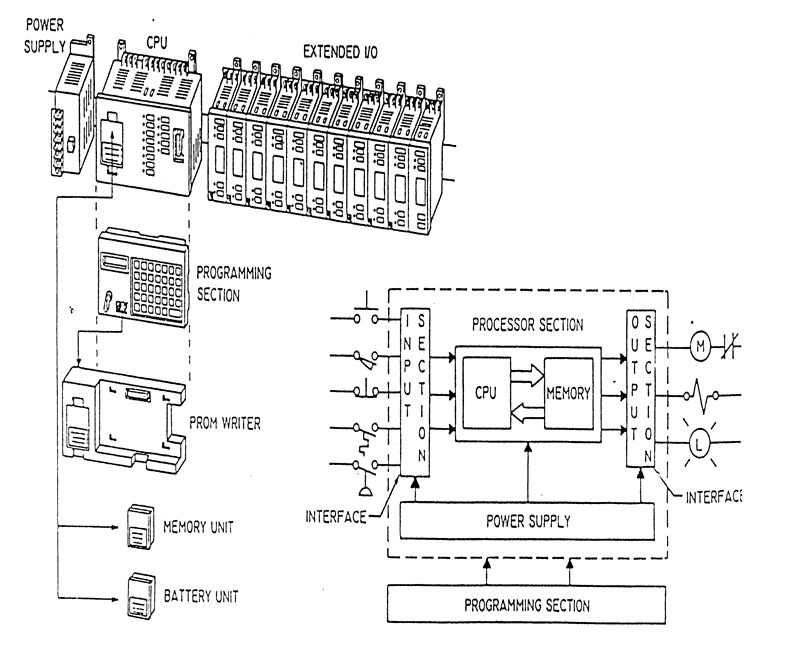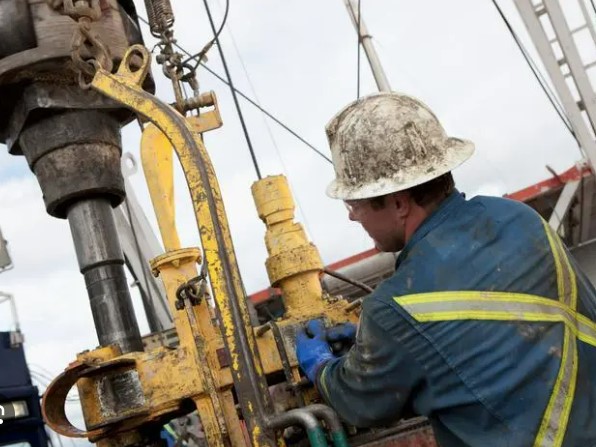
Pressure Measurement in the Oil and Gas Industry
Types of Pressure Measurement
• Pressure is defined as the force exerted per unit area of surface.
• In processing plants, hydrocarbon gases and liquids are handled in pipes and vessels.
• Types of pressure include absolute pressure scale reference points, gauge pressure scale, and vacuum scale.
Pressure Units
• EURO CALTECH uses Imperial (British and American) units and S.I. (System International) units.
• Imperial units are the pound force divided by the inch square (in2) (pounds per square inch), often abbreviated to PSI.
• S.I. units are the Newton (N) per square meter (N/m2).
Pressure Conversions
• Bourdon tubes are the most common type of pressure sensors.
• There are three types of bourdon tubes: C-type bourdon, helical bourdon, and spiral bourdon.
Bellows Sensors
• Bellows sensors are axially flexible, cylindrical enclosures with folded sides that extend axially when pressure is applied through an opening.
• Absolute pressure gauges are used to measure absolute pressure ranges as low as 0 -100 mm Hg and gauge pressure ranges as low as 0 -5 inches H O (0 -125 mm H 0).
Diaphragm Sensors Overview
• Diaphragm sensors are thin, flexible disks used to deflect pressure when applied to one side.
• Elastic diaphragms use the diaphragm's stiffness to oppose pressure.
• Single and capsular diaphragms are available, with single diaphragms being flat or concentric corrugated, and capsular diaphragms consisting of two welded diaphragms.
• Evacuated capsules are used for absolute pressure reference, while single diaphragms are used for sensitive measurements.
Resonant-Wire Sensors
• Used in electronic pressure transmitters, where the resonant frequency of a vibrating wire is a function of the length, the square root of the tension, and the mass of the wire.
• An electrical signal with a frequency proportional to the square Kroot of the tension is generated, which is converted to a 4-20 mA transmitter output.
Strain-gauge Pressure Sensors
• Used in most brands of electronic pressure transmitters, where a change in resistance occurs when metallic conductors or semiconductors are subjected to mechanical strain.
• Most strain elements are semiconductor type.
Capacitance Pressure Sensors
• Operate on the principle that the change in capacitance resulting from the movement of an elastic element is proportional to the pressure applied to the elastic element.
• A high-frequency oscillator is controlled by the sensing element, and changes in pressure deflect the diagram and the resultant change in capacitance changes the oscillator frequency.
Spring-loaded Piston Sensors
• Used for both pneumatic and electric pressure switches.
• Heavy-duty pressure sensors can serve as either a high-pressure sensor or low-pressure sensor as required.
Protecting the Pressure Sensor
• Diaphragm seals are used to isolate the pressure sensor from the process fluid.
• Siphons are metal, tubular devices used to isolate hot-process media from the pressure sensor.
• Throttling devices are commonly used to dampen high-frequency pressure fluctuations by putting a restriction in the inlet to the pressure sensor.




